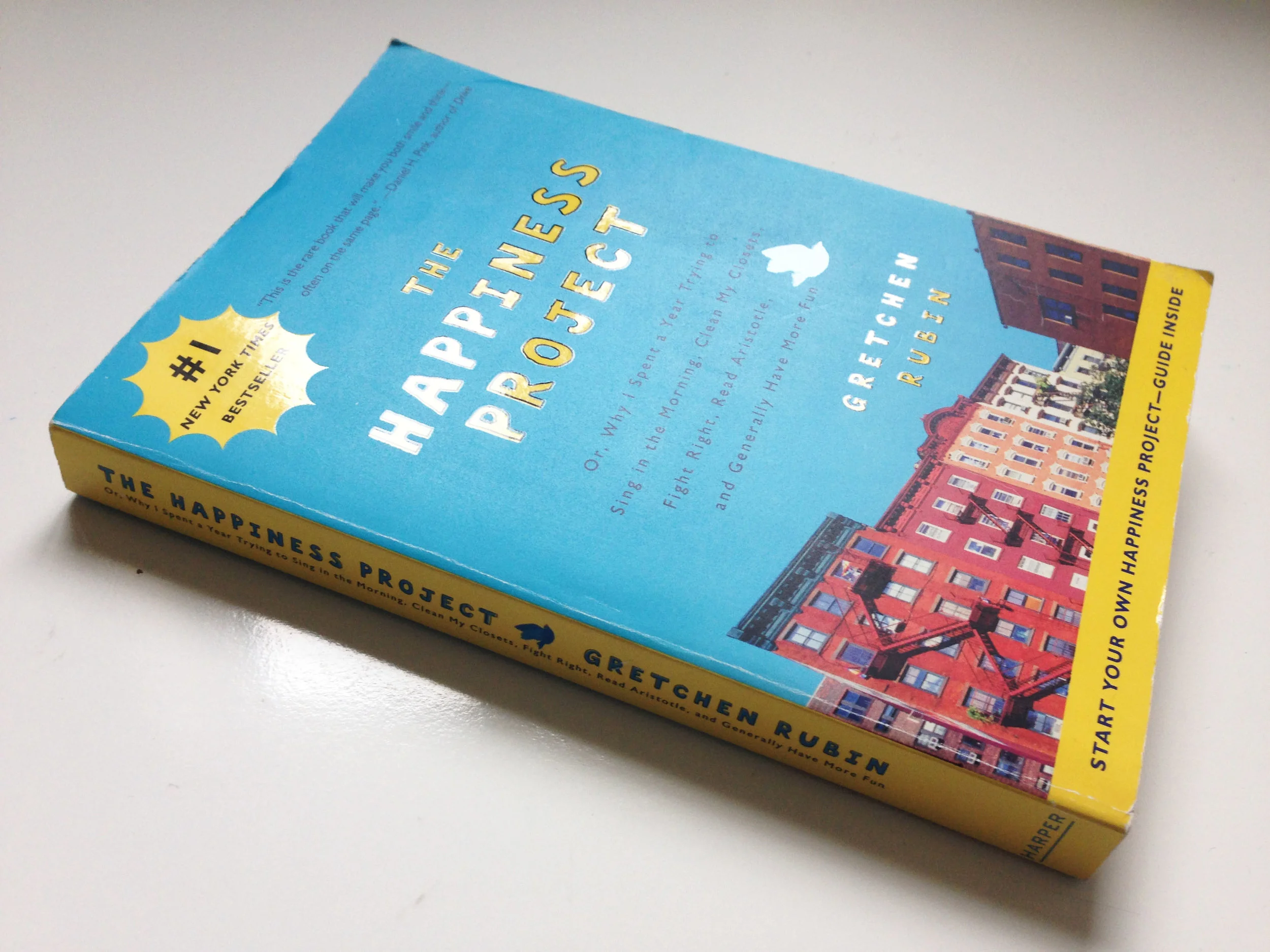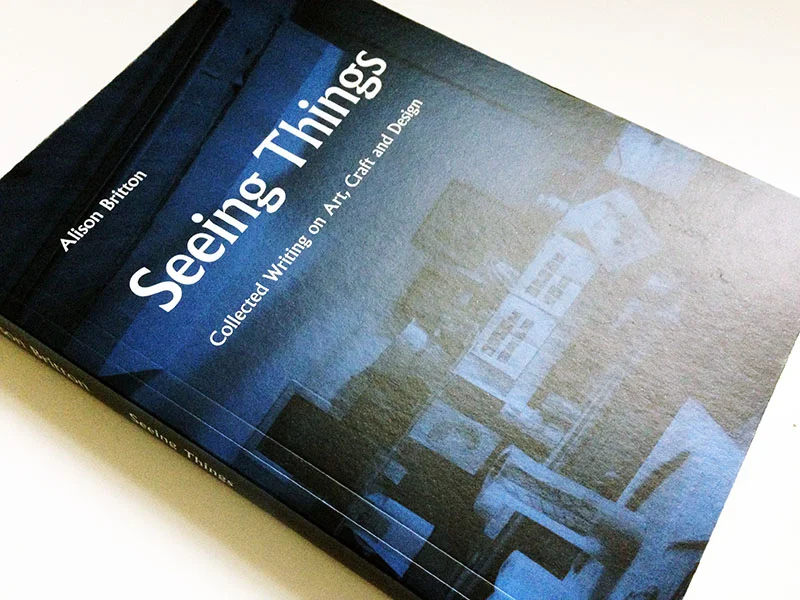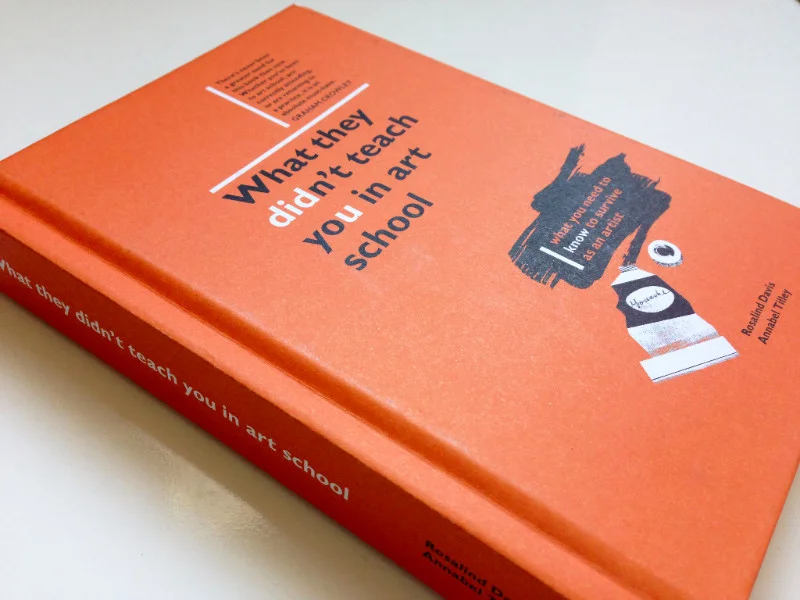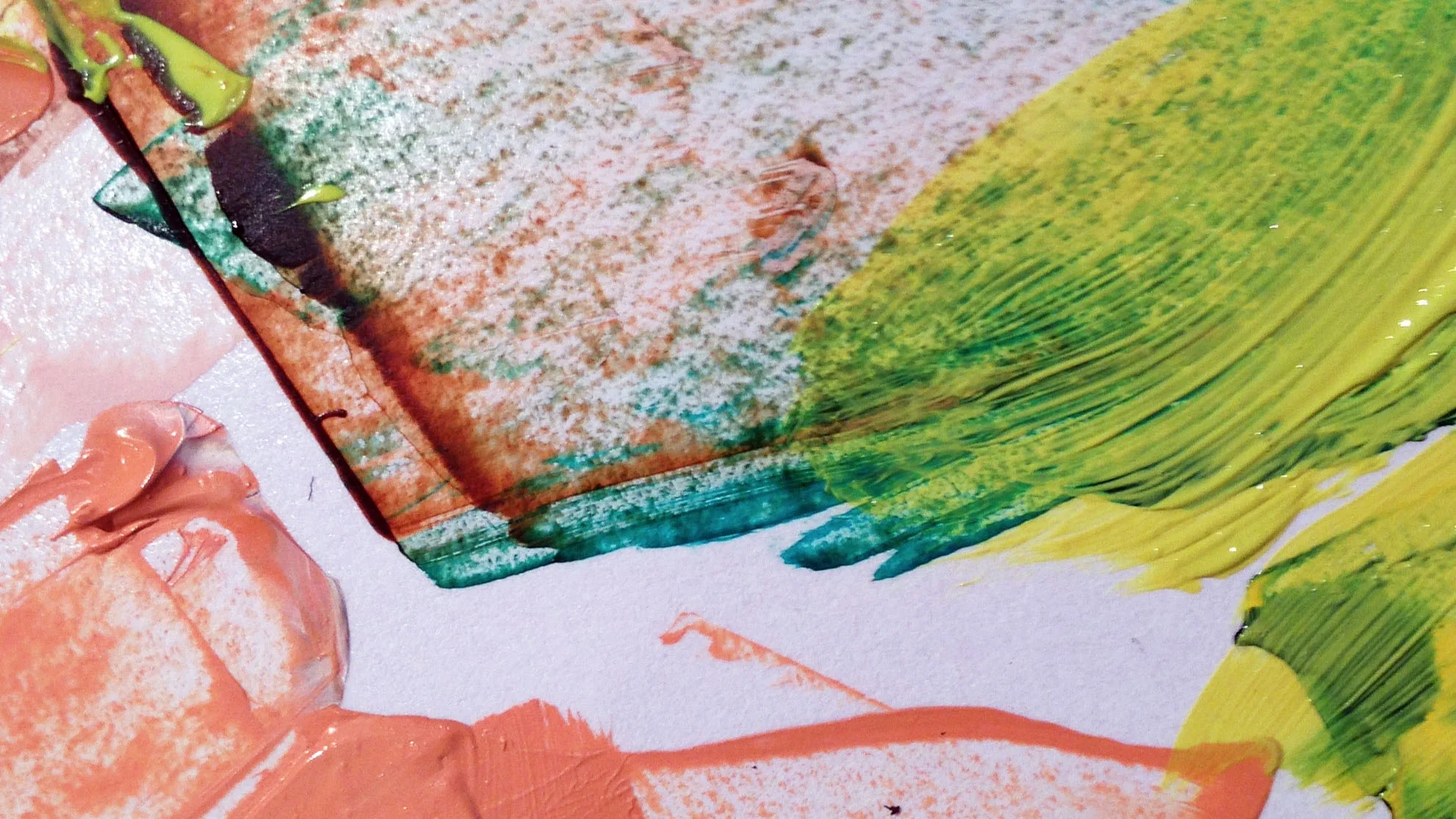I started this month with a reflection on the French tradition of la rentrée – the return to normal after the summer holidays. It seemed to me that we could all do with a chance to celebrate this return, and why not apply it to our creative lives as well as our return to school or work? So, each week in September I have recommended books that might help you to put your creative life into perspective, giving you the focus you need for the last few (often incredibly busy) months of the year. This week we are shifting slightly – the book I’m recommending has a broader approach, it isn’t written explicitly about creativity, but its focus on introducing small moments of happiness into your everyday routine will no doubt have an impact on your creative practice.
The Happiness Project by Gretchen Rubin
Sometimes it feels to me like I spend a lot of time worrying about my practice/business and how I can solve those issues through ‘continuing professional development’ like going on a course or doing a workshop or just coming up with some new goals. There is absolutely nothing wrong with this, and it is vitally important that you do devote some time to your cpd regularly. However, what I often forget is: that when I am feeling happier generally things seem to work better. We are not robots, we cannot compartmentalise our personal lives and our work lives. We have to see things holistically and know that sometimes really random things can influence how we are feeling at any time about the work, our making or our creative practice in general. This book deals with that sort of thing. It’s not a book about making or creativity (although the author does touch on that in one chapter). It’s a book for ordinary people who feel that they might like to make their lives happier through their own actions. And I reckon there’s something in it for everyone.
I found this book on one of those serendipitous trips to the Oxfam bookshop where everything was golden and I walked out with an armful of books I couldn’t wait to read (see my blog post The Interconnectedness of Things to find out what happened). The author, Gretchen Rubin, is a likeable woman, a writer from New York who one day, not out of depression or desperation, decided that she wanted to make some alterations in her life; she wanted to work on being happier. But she didn’t want to have to do something radical – she wanted to find more happiness without changing her life. I like her approach. I’ve always felt a bit uncomfortable with this notion of happiness as some external force that we are all striving to capture. It makes those who fail to grasp it feel useless, and becomes an easy shorthand for why we should consume or become very inward looking. I have a preference for the idea of contentment, of being satisfied, of learning to appreciate the beauty and wonder in the ordinary things we already have, rather than always chasing after stuff. And this is what the book is really about: acknowledging the things that are already in your life that bring you joy, and cultivating those things you feel are lacking.
The book follows Rubin as she tackles a different aspect of her life each month (like energy, love, work, family, play, friends, money, spirituality, passions, attitude etc) and the steps she takes to balance things and be mindful of the way she deals with them. These may not be the aspects of life that you would choose to focus on, but that’s ok. This book is also a self-help guide in that Rubin shows you how you can create your own Happiness Project based on the things you want to pay attention to (with no judgements).
I will never be as ordered and regimented in my approach as she is, and there is no way I could stick to this project for a whole year or more, but what the book has reminded me is that happiness lives in the everyday moments, the things we do repeatedly. Rather than focus on the big events that may not happen that often (the holidays, the celebrations, the work promotions or successes) as sources of happiness, we are best off learning how to make even the boring interactions as joyful as we can: “It is by studying the little things, that we attain the art of having as little misery, and as much happiness as possible” – Samuel Johnson.
There’s a great Happiness Project website with lots of resources and extra content.



